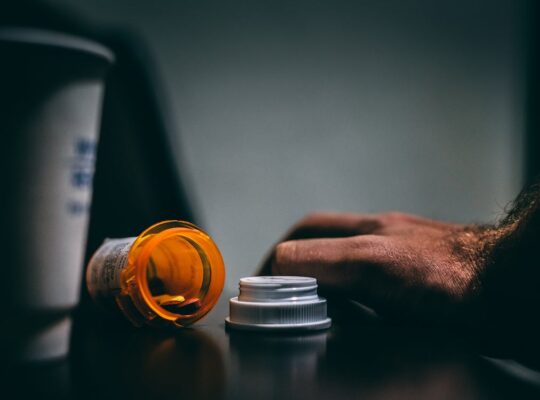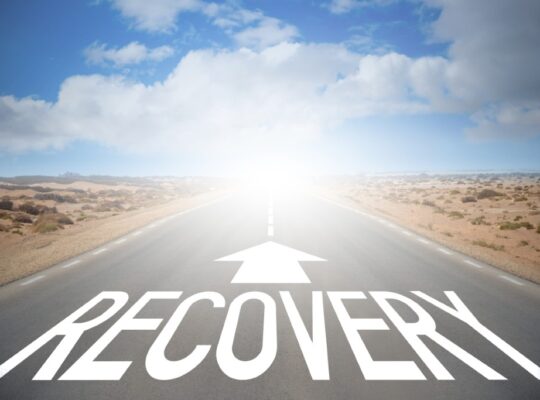The hip hop industry, long identified with opulence and excess, has been evolving, particularly in its portrayal of drug use. The codeine-based concoction known as ‘sizzurp’ is losing its glamour, thanks to emerging narratives that focus on sobriety and mental health. As someone who has switched rehab centers, I find this change in message particularly crucial, especially for South Africa’s developing hip-hop culture.
The Codeine Crisis in Hip Hop
According to a 2020 study published in the journal Substance Abuse, prescription drug abuse, especially opioids like codeine, is notably prevalent in hip-hop lyrics. This is alarming given codeine’s serious health risks. An overdose can lead to fatal respiratory depression. In spite of these dangers, artists like Lil Wayne and Mac Miller had glorified its use, leading to public health concerns.
Fact: A report by the U.S. Centers for Disease Control and Prevention (CDC) states that opioid overdoses, including codeine, claimed nearly 50,000 lives in the U.S. in 2019 alone.
The Transformation Begins
J Molley’s journey to recovery, as reported by SNL24, is part of a broader industry trend toward sobriety. Rappers like J. Cole and Kendrick Lamar have also abstained from drugs and alcohol and often speak about it, encouraging others to do the same.
Fact: According to a 2019 study in the Journal of Ethnicity in Substance Abuse, positive role models in the media can have a significant impact on an individual’s decision to abstain from substance use.
The Impact on South Africa’s Hip Hop Scene
The new emphasis on sobriety in hip-hop is highly significant for South Africa, which, according to a 2018 World Health Organization report, has one of the highest rates of substance abuse disorders in the world.
Fact: The South African Depression and Anxiety Group (SADAG) found that one in five South Africans suffer from a substance use disorder, making rehab and awareness even more critical.
The Deeper Impact on South Africa’s Hip Hop Scene
South Africa’s hip-hop scene is more than just music; it’s a powerful cultural force that influences societal norms and behaviors. Given that a 2018 World Health Organization report highlighted the country as having one of the highest rates of substance abuse disorders globally, the transition towards sobriety within hip-hop culture is immensely significant.
Fact: According to a study published in “Frontiers in Psychiatry,” music genres like hip-hop can significantly influence the youth’s attitudes toward substance use.
While artists in the U.S. have garnered most of the attention for this shift, local South African artists are also beginning to discuss sobriety and mental health. This new discourse is critical for a country where the healthcare system is overburdened, and mental health services are lacking.
Fact: As per a 2019 report by the South African Medical Research Council (SAMRC), only 5% of medical aid plans in the country cover substance abuse treatment.
Why This Shift is Crucial for You and Your Community
If you or your loved ones are dealing with addiction issues, this evolving narrative in the hip-hop scene offers an extra impetus for considering rehab and recovery. It adds to the growing body of evidence that sobriety isn’t just a personal choice but a societal imperative. South African rehab centers, keenly aware of the cultural weight carried by music genres like hip-hop, are increasingly incorporating these shifts into their treatment modalities. They understand that culture affects how you perceive and deal with addiction.
Fact: According to a review in the “South African Journal of Psychiatry,” culturally tailored interventions can significantly improve substance abuse treatment outcomes.
The Profound Ripple Effects and Your Path Forward
The changing narratives around drug use in hip-hop are indicative of a broader societal change, one that’s especially relevant in the context of South Africa’s battle against substance abuse. These shifts aren’t just about the artists involved; they’re about the fans and communities who engage with their music. The ripple effects of such a transformation are deep, affecting how you and your community view addiction and sobriety. If artists with such significant reach are embracing this change, it makes it more accessible and acceptable for you to do the same.
The words of Kendrick Lamar echo the sentiment of this new era: “We gon’ be alright.” And indeed, this message of hope and resilience is worth embracing as you or your loved ones navigate the path towards sobriety.







